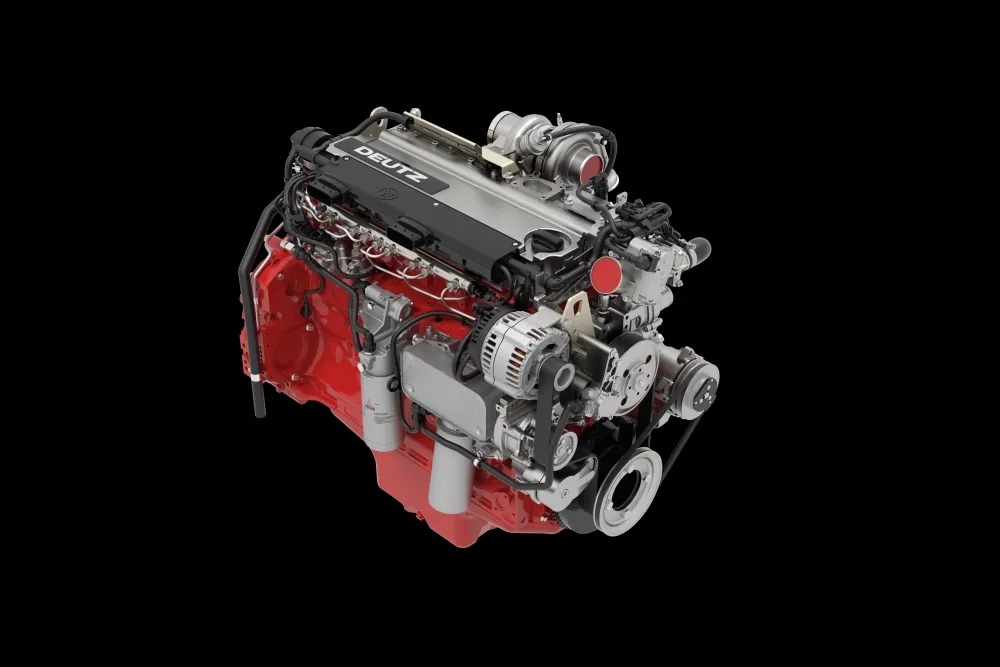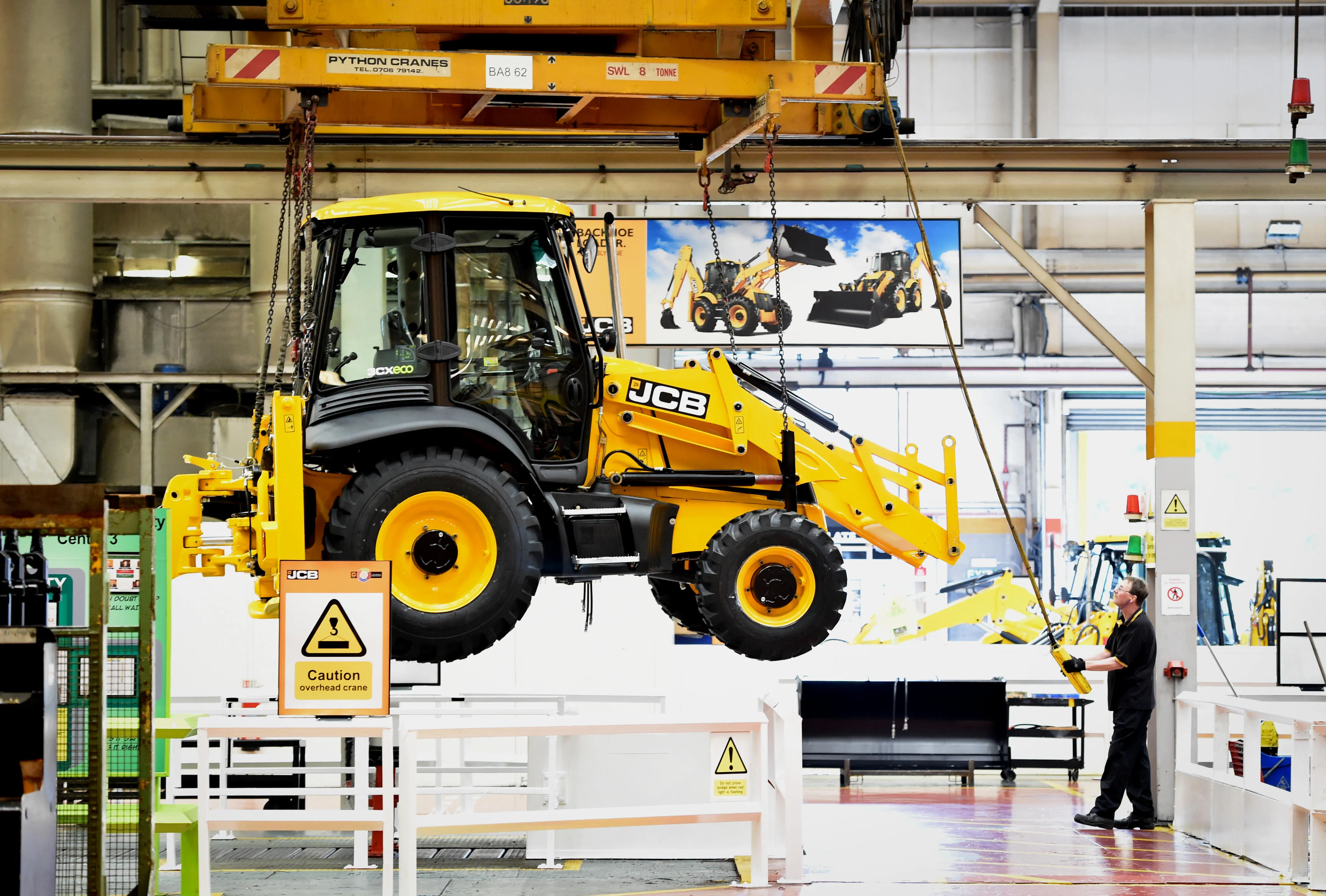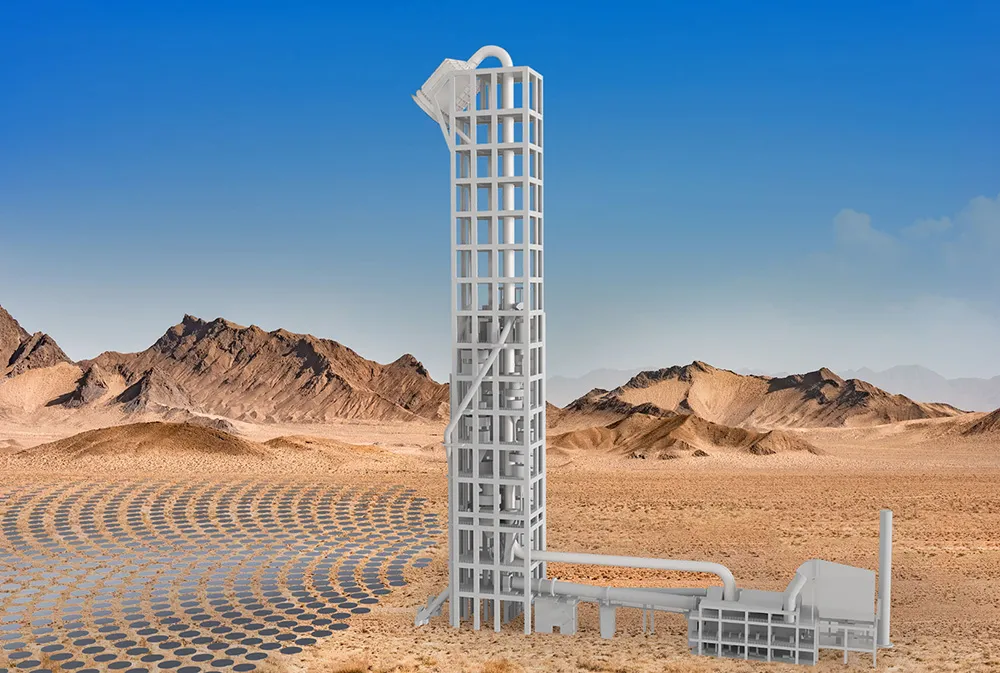
Effective exhaust aftertreatment for its engines is one of DEUTZ’s core competencies. The German headquartered global market firm was the first manufacturer in the world to be certified for the EU Stage V emissions standard coming into force in Europe in 2019. DEUTZ already successfully uses the necessary technology, including SCR catalytic converters and diesel particulate filters, in its series models and is therefore ready for the pending and comparable China 4 emissions standard. Marketed as ‘China 4 ready’, DEUTZ delivers safe and proven solutions for the effective reduction of nitrogen oxide and particulate emissions.
For the first time in Asia, the firm is presenting its E-DEUTZ solutions for hybrid and fully electric off-highway drives. E-DEUTZ is a modular system that allows customers to put together the optimal combination of conventional and electric drive components to suit their applications. To showcase the system, DEUTZ has equipped two functional prototype telescopic handlers, which are usually powered by a DEUTZ TCD 3.6 diesel engine, with a hybrid drive and a fully electric drive.
Customers can test these prototype machines in Shanghai and experience for themselves the impressive power that is typical of electric drives. The E-DEUTZ hybrid on show is said to achieve fuel savings of around 15%, which means that the cost of investment is typically recouped after just one year.
Dr Frank Hiller, chairman of the DEUTZ Board of Management, said: “Our sophisticated diesel and gas engines are mature technologies that enable us to serve the Chinese market in the best possible way. With these and our E-DEUTZ solutions, we already meet China’s new emissions standards. As a result, we have excellent opportunities for growth over the coming years.”








